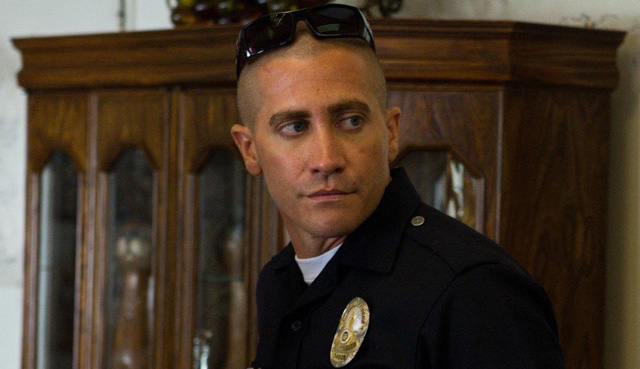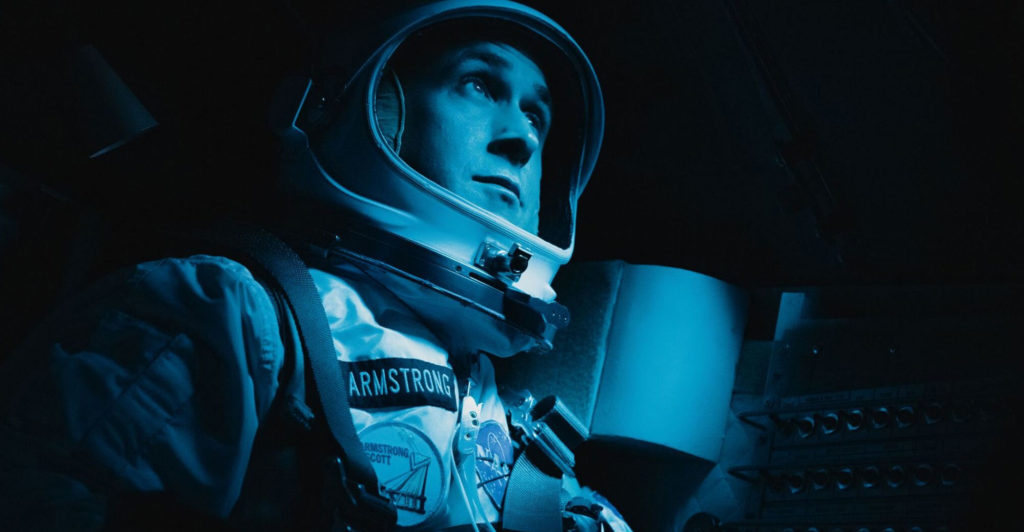End of Watch, the latest film from Training Day scribe and Street Kings director David Ayer, opens with Los Angeles beat cop Brian Taylor (Jake Gyllenhaal) describing himself and his comrades in the police force as “the thin blue line protecting the prey from the predators, the good from the bad”.
The words may seem ripe with irony after years of films about dirty LA policeman, but End of Watch does its best to make you believe in them. Where Ayer saw only corruption in the LAPD in his earlier films, End of Watch is an affecting tribute to the everyday heroism of people who brave tedium, paperwork and physical danger to keep the streets safe.
The mostly episodic End of Watch follows Taylor and his partner Mike Zavala (Michael Peña) as they patrol some of the meanest neighbourhoods in Los Angeles. It’s a film about the ebbs and flows of life as a cop. The pair intercepts gang members with drugs and money, rescue babies from burning buildings, and keep the peace when it is disturbed.
There is an element of reckless machismo to their behaviour — underscored by the gritty hip-hop soundtrack — but Ayer leaves no doubt about their dedication or their courage. And although Taylor and Zavala run into more trouble day to day than one imagines most real cops do in a lifetime, End of Watch makes much of their lives seem almost ordinary.
In between the police work, Taylor and Zavala rib each other, play pranks on their coworkers and grumble about filing reports for their police bosses. We also see them after hours, where Zavala with his pregnant wife and Taylor with a serious girlfriend lead blissful domestic lives by the standards of movie cops.
The magic of the film is in the chemistry between Gyllenhaal and Peña, portraying a bromance forged in the infernos of LA’s Southlands. Each actor turns in a performance that ranks among his career’s best, both seeming equally natural whether they’re throwing themselves into the line of fire or trading obscene jokes and gentle insults. By the time emotionally charged third act of the film arrives, we care about the characters.
As with another of this year’s LA cop movies, Rampart, End of Watch‘s biggest flaw lies in some stylistic trickery. In its attempt to capture a slick of life, the film relies heavily on the “found footage” gimmick.

Most of the images in the movie are meant to be captured by Taylor himself as part of a film-school project, by gang members and by surveillance cameras, though the director’s omniscient camera is also there. There are even first-person perspective shots with Taylor’s outstretched hands clasping a gun as if you’re watching someone play Call of Duty.
The idea is to enhance the film’s sense of realism since we see much of the world filtered through YouTube and grainy cellphone videos these days. In practice, the found footage is more distracting than immersive.
Nearly every shot in the film is taken from a strange angle, handycam shake is ever-present, and the camera swings around drunkenly in action scenes, making it impossible to see what is going on. The sooner directors get over the idea that this sort of artlessness amounts to authenticity the better.
End of Watch‘s dialogue crackles with profane urban poetry, the characters exude a warmth and depth missing from most cop buddy films, and there are some great support performances, notably from Anna Kendrick as Taylor’s girlfriend. The misuse of the found footage device is a pity because it detracts from a film that has so much going for it. — (c) 2012 NewsCentral Media
- End of Watch is scheduled to start in SA cinemas on 21 December




